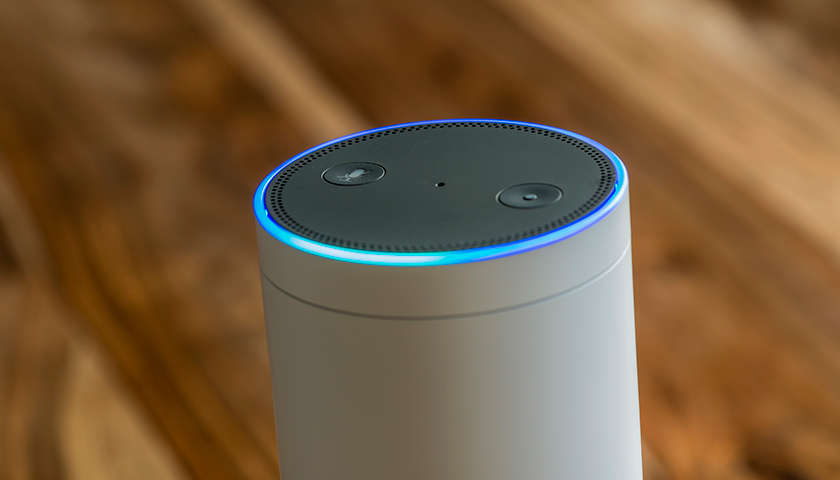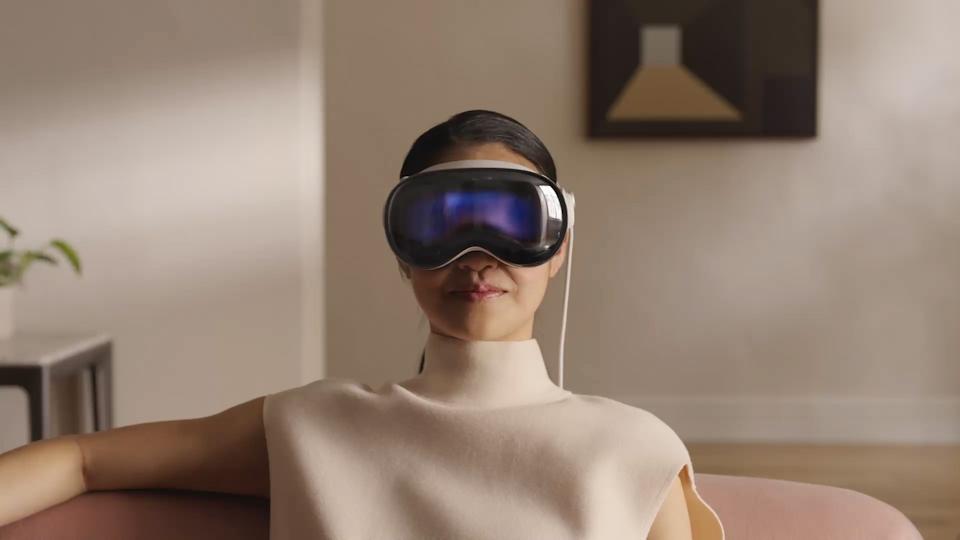NHS partners with Amazon's Alexa to provide health information

The NHS is working with Amazon’s Alexa voice-assisted technology to provide reliable health information.
The UK’s Department of Health and Social Care said the technology will help patients, especially the elderly, blind, and those who cannot access the internet through a keyboard, to get professional, NHS-verified information within seconds.
The aim is to reduce the pressure on the NHS and GPs by providing information about common illnesses.
Based on information from the NHS website, Alexa can answer questions such as “Alexa, how do I treat a migraine?” and “Alexa, what are the symptoms of flu?”
Use of voice search has been increasing rapidly and by next year half of all searches are expected to be made through voice-assisted technology.
This month saw the launch of NHSX, one of health secretary Matt Hancock’s key policies, an organisation that aims to make more NHS services available to patients through digital technology.
There is also a commitment in the NHS Long Term Plan to make more NHS services available digitally.
Earlier this year Amazon announced that Alexa can handle health information in a manner complying with the US Health Insurance Portability and Accountability Act.
The new “skills” adopted by Alexa allow a range of new functions for patients, such as allowing Express Scripts members to check the status of a home delivery prescription, and Livongo members to query their last blood sugar reading against blood sugar measurement trends, and receive personalised “health nudges”.
Matthew Gould, chief executive of NHSX, said: “The public need to be able to get reliable information about their health easily and in ways they actually use.
“By working closely with Amazon and other tech companies, big and small, we can ensure that the millions of users looking for health information every day can get simple, validated advice at the touch of a button or voice command.”
Hancock said: “We want to empower every patient to take better control of their healthcare and technology like this is a great example of how people can access reliable, world-leading NHS advice from the comfort of their home, reducing the pressure on our hardworking GPs and pharmacists.”












